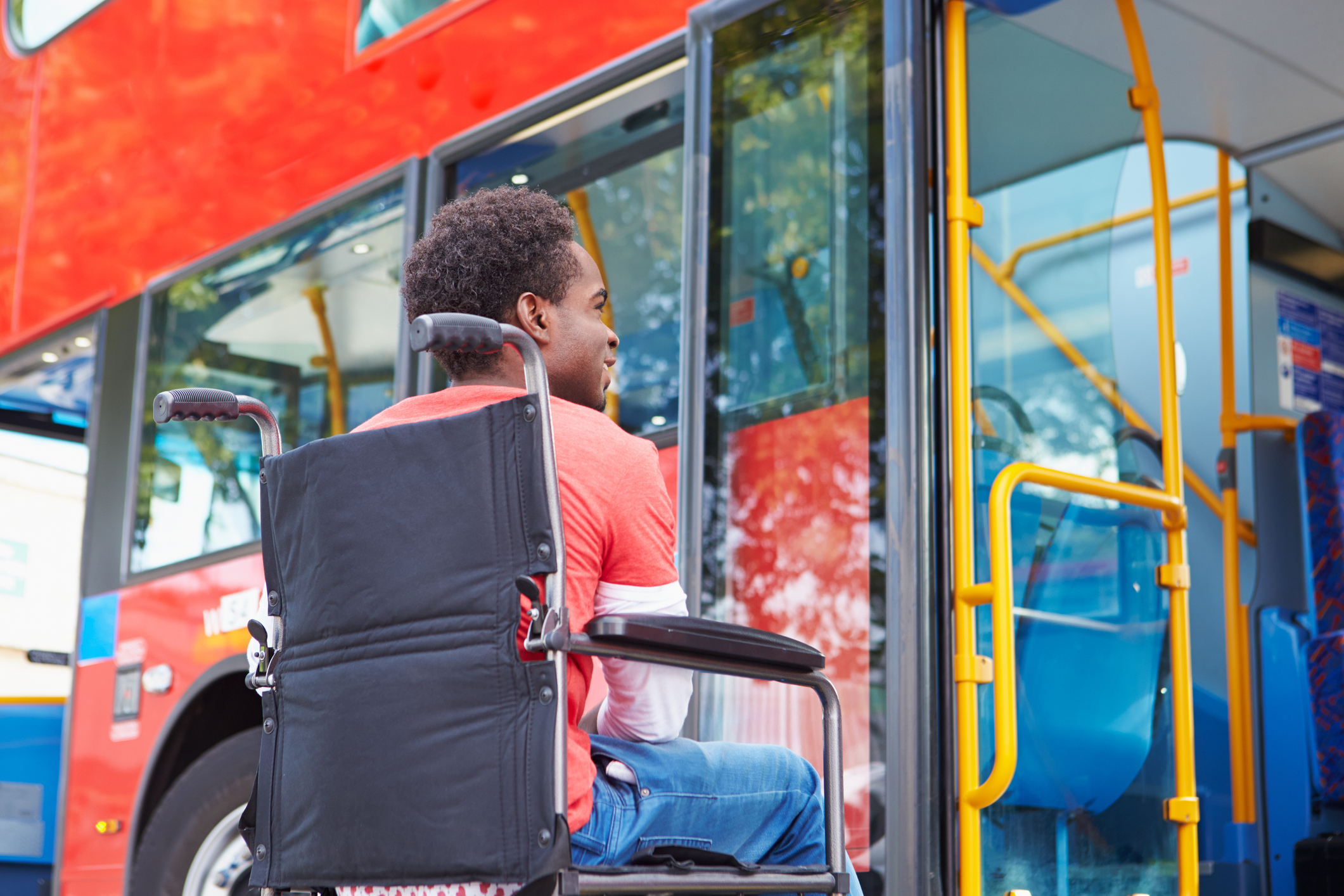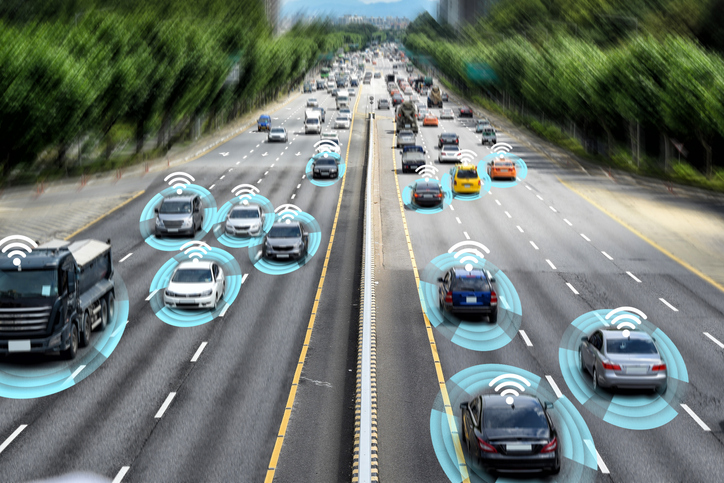REU Program Explores Societal Aspects of Autonomous Vehicles
MSU has kicked off the second year of its Research Experience for Undergraduates (REU) program, which aims to train future thought leaders for careers focused on the development of innovative, multidisciplinary solutions that address both the technical and societal aspects of autonomous vehicles (AVs). The three-year program is funded through a nearly $350,000 grant from the National Science Foundation.
This year, six students will divide into three groups to examine sociomobility topics that are critical to the future of autonomous driving. In addition to the students, three faculty members will participate in each study, helping to mentor the undergraduates. Teams are structured so that at least one faculty/student has a background in engineering and the other has a complementary background in social sciences.
The three sociomobility related topics that the groups plan to investigate this year include:
Environmental Impacts of Autonomous Vehicles
The introduction of AVs is expected to affect users' travel patterns and may increase vehicle miles traveled (VMT). The increase in VMT is expected to reduce the vehicle lifetime and may cause higher environmental impacts than traditional vehicles. Electric AVs (EAVs) have a higher carbon and energy footprint than regular electric vehicles due to increased power consumption, weight, drag and data transmission. However, when considering the change in driving conditions from the AVs such as eco-driving, platooning and intersection connectivity, the net results are improved. The current environmental assessments have not considered the change in travel patterns that would impact the vehicles' VMT and lifetime. For this project, the REU students will focus on the first two factors affecting VMT to evaluate how AVs could affect where people choose to live and the potential increase of AV users compared to current drivers. Travel patterns will be modeled based on simulation and feedback from drivers and a life-cycle assessment will be used to compare the environmental impacts of EVs and EAVs.
- Faculty Mentors: Annick Anctil, Ph.D.; Mehrnaz Ghamami, Ph.D.; and Ali Zockaie, Ph.D.
- Students: Alexia Martinez and Nash Rougvie

Evaluating the Accessibility Needs for Autonomous Vehicle Pick Up/Drop Off Zones
For approximately 20 million individuals with cognitive, vision, hearing or ambulatory disabilities in the U.S., transportation can be a challenge. Some studies estimate that almost 75% of these individuals have not been able to get where they needed to go at least once, with consequences ranging from an inability to get groceries to missing medical appointments. AVs present a potential solution to the challenges associated with transportation.
Researchers participating in this project will evaluate the current features in Pick Up/Drop Off (PUDO) zones associated with buses and paratransit as well as the needs of populations with diverse disabilities. This work also will summarize current standards associated with PUDO and identify potential features of future PUDO zones associated with autonomous vehicles that will improve accessibility.
- Participating Faculty Mentors: Tamara Reid-Bush, Ph.D.; Michele Grimm, Ph.D.; and Justin Scott, Ph.D.
- Participating Students: Micah D’Arcangelo and Benjamin Olness

Unitended Consequences: AV Algorithms and Adaptations in Driving Behavior with Automation
The introduction of automated and assistive technologies (e.g., forward-collision warning, automatic emergency braking and adaptive cruise control) may lead to unanticipated consequences in terms of driver behavior. This is true both in the near-term when most of the fleet will be human-driven, as well as over the transition period toward full automation. For example, drivers may tend to be more aggressive if their vehicles are equipped with these technologies. Alternately, these technologies may reduce the frequency of certain problematic behaviors (e.g., speeding and lane departure). This project aims to examine how driver behavior may be impacted by the introduction of automated systems in our own vehicles, as well as the vehicles of other drivers. The results of this project will provide important insights into how driver behavior may change with automation and the degree to which these changes should be considered from the transportation policy and automotive manufacturer perspectives.
- Participating Faculty Mentors: Timothy Gates, Ph.D.; Peter Savolainen, Ph.D.; and Josh Siegel, Ph.D.
- Participating Students: Cass Conrad and Ryan Rodriguez
The ultimate goal is for the groups to develop technological advances that have the potential for near-term adoption and to assist in shaping emerging policies related to autonomous vehicles. The programs began at the end of May and will commence on July 29, 2022. For more information on the sociomobility program at MSU and the REU projects tackled last year, click here.

